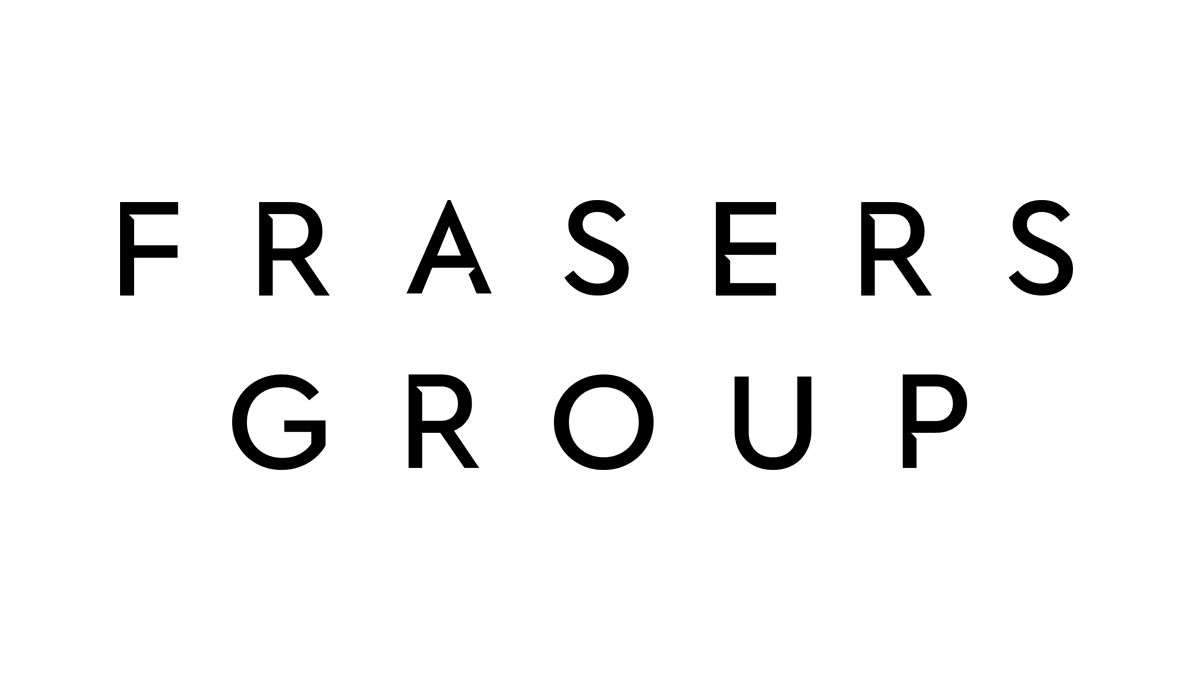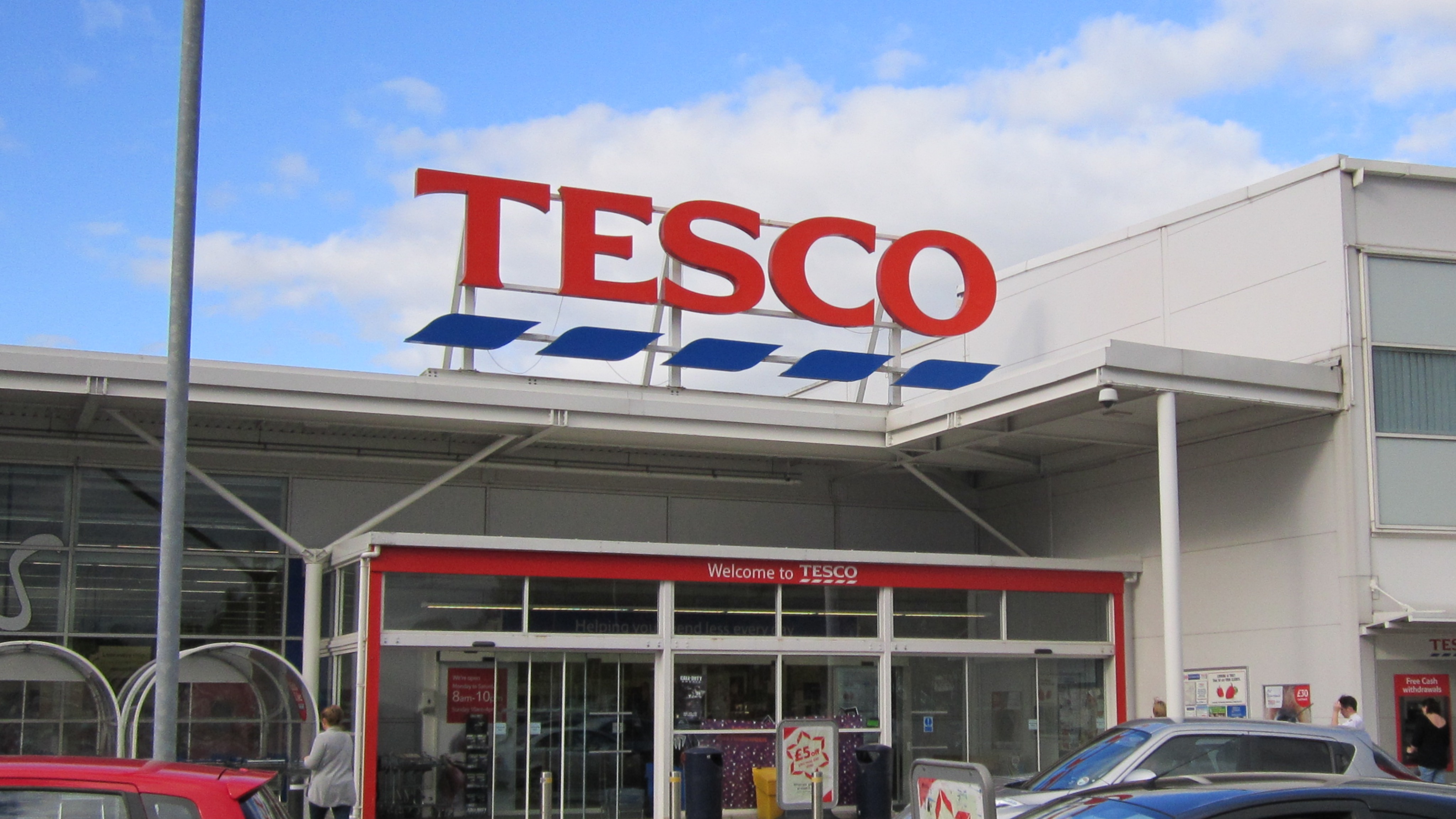Food inflation fell to 12.1 per cent in the 12 months to September, new research has found.
The Office for National Statistics’ (ONS) latest Consumer Prices Index (CPI) found overall inflation stood at 6.7 per cent while food and non-alcoholic beverage prices fell by 0.1 per cent between August and September 2023, compared with a rise of 1.1 per cent between the same months in 2022.
But the global leader of consumer pricing practice at McKinsey & Company warned that at 6.7 per cent, while significantly down from the 40-year highs seen last autumn, the UK’s inflation rate remains “well above our Eurozone neighbours”.
“Manufacturers and retailers need to proactively handle the challenges of maintaining margins in the face of still high inflation rates,” said Kevin Bright. “Those who embrace a comprehensive strategy for margin management, all the while staying attuned to consumer worries, will be able to navigate the volatility.”
British Retail Consortium (BRC) chief executive Helen Dickinson said the recorded fall in food inflation reflected the “fierce competition” between retailers along with their investment in cutting costs and the fall in the price of some global commodities.
“These factors helped shoppers welcome the first fall in food prices in two years, as September prices dropped below those in August,” Dickinson said. “Some of the biggest price cuts were seen on items such as cheese, margarine, pasta and chocolate.”
Dickinson also expressed that retailers must hope cost pressures continue to ease in the run up to Christmas due to the business rates multiplier.
“Unfortunately, the September CPI figures – which will determine how much business rates will increase in April 2024 - mean that retailers face a £470 million-a-year increase from next year; this will inevitably put renewed pressure on consumer prices,” Dickinson said. “As a result, retailers are publicly calling on the chancellor to freeze the business rates multiplier, allowing them to keep driving down prices, and invest in new shops and jobs.”
Bosses from 44 UK retailers – including Tesco, Sainsbury’s, Lidl and M&S – recently wrote to chancellor Jeremy Hunt calling for a freeze in the business rates multiplier expected to be announced in the upcoming Autumn Statement.
Latest News
-
Four people arrested for cyberattacks on M&S, Co-op and Harrods
-
Scotta boosts inventory capabilities with AI
-
EG Group appoints new group CFO
-
Lidl trials 'VAR-style' self-service checkouts to combat shoplifting
-
Ahold Delhaize appoints new CTO
-
Coop Norway rolls out 128 digital screens across its stores
Supermicro and NVIDIA’s AI Solution for Retailers
To find out more: click here
Poundland significantly reduces antisocial behaviour, aggression and shoplifting with Motorola Solutions VT100 body cameras
Retail should not be a high-risk occupation. As a company, we are focused on listening to our colleagues and customers to help them with the issues they are facing in-store and so far, the feedback on our body cameras has been excellent. They act as a great visual deterrent, help to de-escalate situations and overall, this project has significantly aided our goal to make the retail environment safer.
For further information on Motorola Solutions’ retail security products, including body cameras, click here.
For further information on Motorola Solutions’ retail security products, including body cameras, click here.
© 2024 Perspective Publishing Privacy & Cookies










Recent Stories